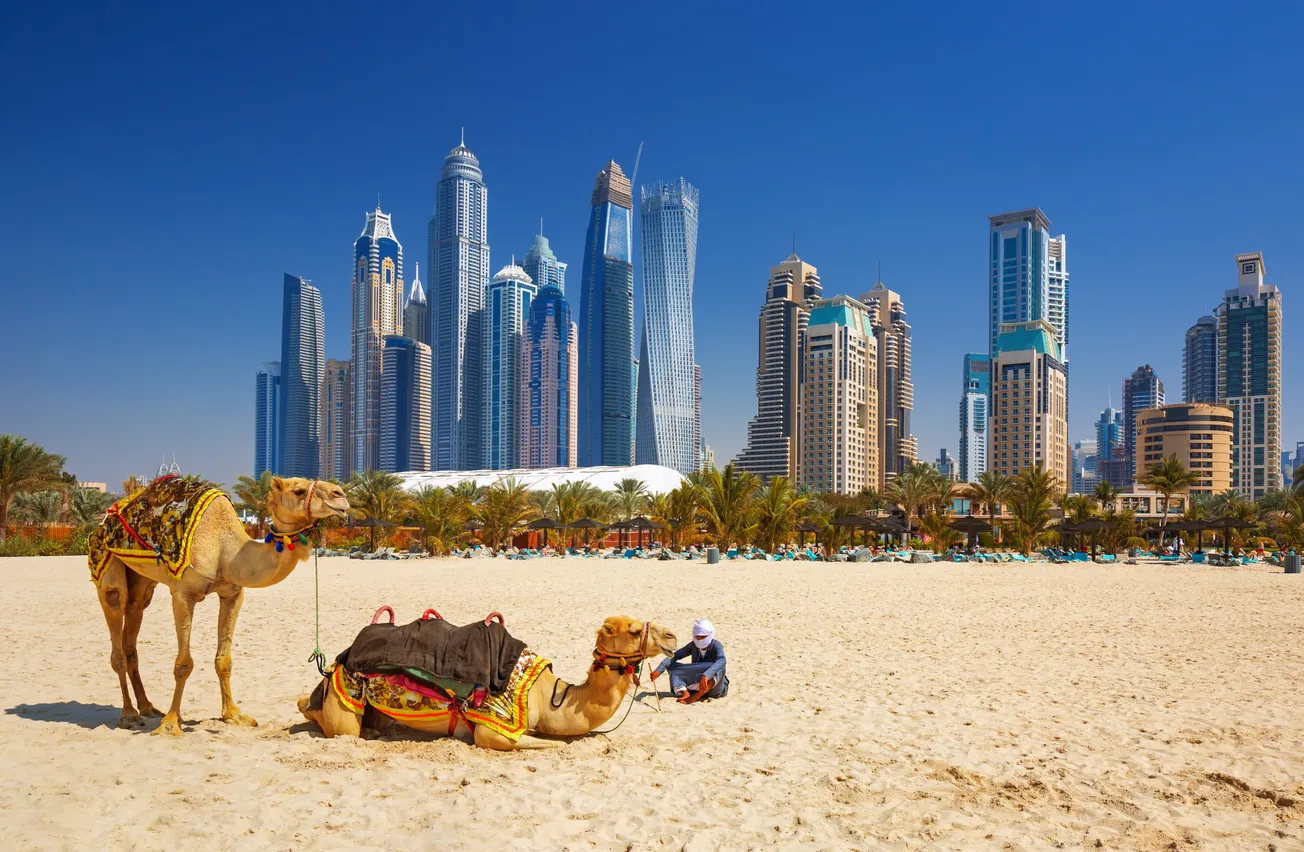Podcasting in the Arab world faces a number of challenges as the relatively new medium continues to grow, according to an industry report compiled by the Dubai Press Club.
Countries including the UAE and Saudi Arabia are seeing significant growth in podcast listenership. According to Google Trends, the UAE ranks 31st globally in interest in podcasts, while Saudi Arabia ranks 45th.
The study surveyed 60 Arab podcasters, and included a focus group. Most participants were from the UAE (20%), Syria (13.3%), Lebanon (10%), and Jordan (10%).
The study identifies several challenges facing Arab podcasters. Despite these challenges, Arab podcasters remain optimistic about the future. The focus group discussions emphasized the need for more Arabic content, credible sources, and robust standards.
Financial sustainability and monetization are major hurdles, with 75% of respondents highlighting financial/sponsorship issues as the most challenging aspect. Many podcasters struggle to secure sponsorships and generate revenue. There is also a pressing need for a clear business model to support sustainable growth.
Additionally, the lack of data and resources, inadequate technical support, and the need for proper training are significant barriers.
Given the industry's emerging status, there is a call for standardization to ensure quality and best practices. This would promote a more professional podcasting environment.
Interestingly, 65% of the podcasters have been in the industry for three years or less, highlighting the nascent nature of podcasting in the region. (We've been keeping an eye on Poddster, a Dubai-based outfit that has also opened a studio Singapore, and another planned in Riyadh.)
Language preferences have emerged as an issue hindering widespread growth. The majority of respondents prefer creating content in local Arabic dialects (78%) over formal Arabic (18%), underscoring the importance of cultural and linguistic relatability. Arabic-language podcasts are considered more influential than those in English or other languages.
Participants from Maghreb Arab countries shared a challenge that is specific to their countries. In addition to formal Arabic, French, and English, podcasters inthese countries have to cater to local spoken languages (e.g., Darija and Berber languages) to reach a wider Maghrebi audience and represent their cultures. The main challenge is the lack of automated tools for transcription and mixing the different languages, which makes the production process very demanding and time-consuming.
The study reveals a nearly equal gender distribution (53.33% male and 46.67% female) and a diverse age range among listeners, although engagement drops sharply for those over 50.
Popular podcast categories in the Arab world include society (14.4%), business (12.6%), entertainment (12%), and mental health (11.4%).
To harness the full potential of podcasting in the Arab world, the report recommended several steps:
- Diverse Content: Create more Arabic podcasts that are creative, specialized, and diverse.
- Credible Sources: Establish a repertoire of credible sources to support well-grounded narratives.
- Standards and Principles: Develop a set of standards to ensure quality and best practices.
- Collaboration: Foster a community of practice among Arab podcasters for sharing experiences and best practices.
- Training: Provide adequate training to equip new podcasters with the necessary skills and knowledge.
- Business Models: Develop business models and monetization strategies to support financial sustainability.
- Technical Support: Enhance technical support to improve production quality and reach.
- Data Collection: Conduct more studies and collect data to inform strategic developments in the industry.
- Advocacy: Advocate for Arabic podcasts, especially among older generations.
Coming soon: An overview of podcasting in Asia.









